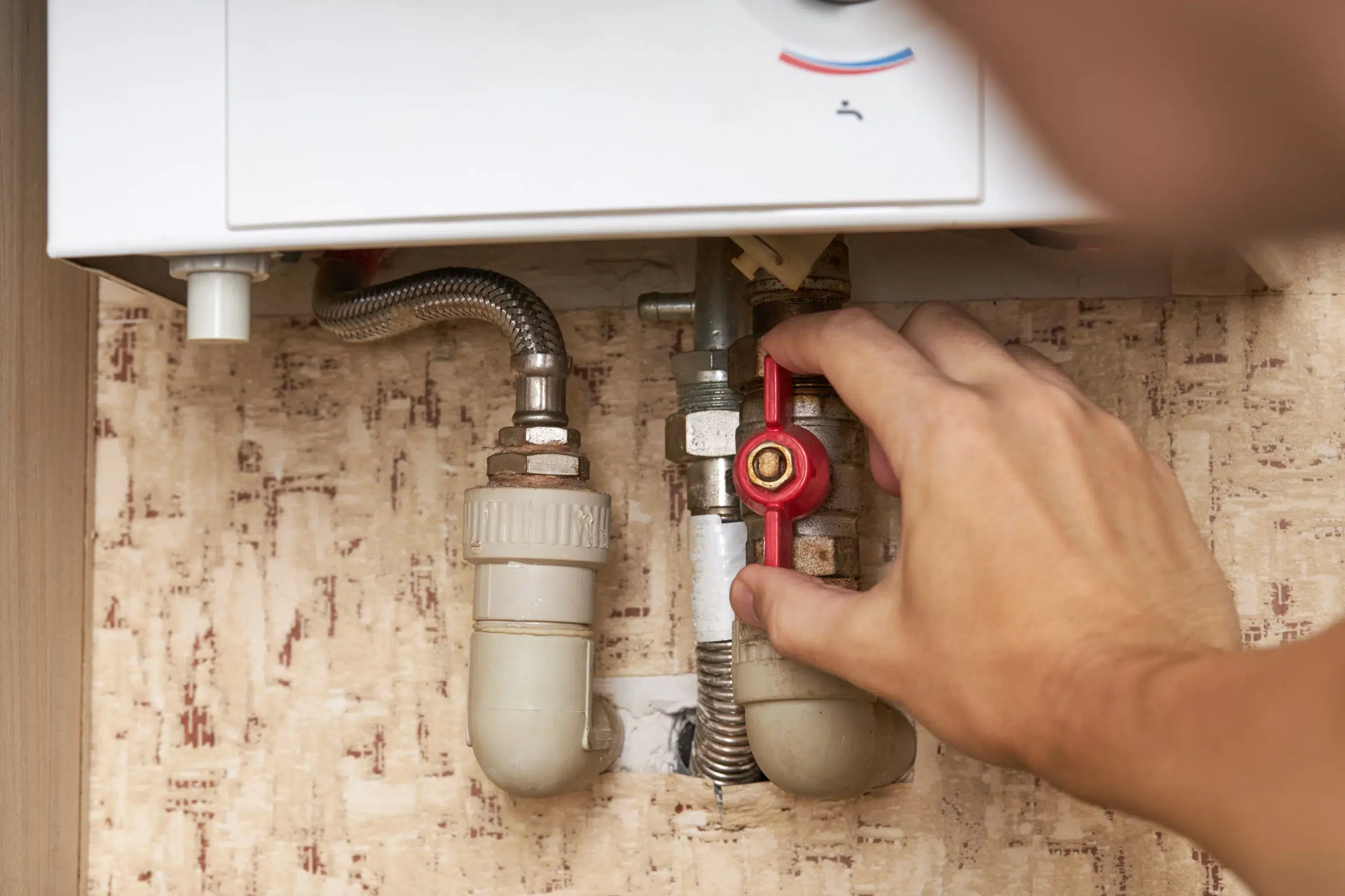When to Replace Your Water Heater: For Carolinas Homeowners
Your water heater is an essential appliance, providing the hot water you rely on every day. But like all home appliances, it won’t last forever. Knowing when to replace your water heater can save you from unexpected breakdowns, higher energy bills, and costly emergency replacements. This guide will help homeowners in the Carolinas determine when it’s time for a new water heater and how to make the process smooth and stress-free.
Why It’s Important to Know When to Replace Your Water Heater
Replacing your water heater before it fails has several benefits:
- Avoid Unexpected Disruptions: Prevent being left without hot water when you need it most.
- Lower Energy Bills: Newer models are more energy-efficient, helping you save money.
- Ensure Safety: Older units can develop leaks or pressure issues that pose safety risks.
- Reduce Repair Costs: Frequent repairs on an aging water heater can quickly add up.
Signs It’s Time to Replace Your Water Heater
Not sure if your water heater needs to be replaced? Here are the most common warning signs:
1. Age of the Unit
The average lifespan of a water heater depends on the type:
- Tank Water Heaters: 8-12 years
- Tankless Water Heaters: 20+ years
If your unit is nearing or beyond these timeframes, consider a replacement.
2. Frequent Repairs
If you’re frequently calling for repairs, it might be more cost-effective to replace the unit. Persistent issues like leaks, thermostat malfunctions, or heating element failures indicate that your water heater is reaching the end of its life.
3. Rising Energy Bills
Older water heaters often lose efficiency, leading to higher energy costs. If your bills are steadily increasing without a change in usage, it may be time for an upgrade.
4. Leaks Around the Tank
Puddles of water around your water heater are a serious issue. While some leaks can be repaired, a leaking tank typically means the unit needs to be replaced.
5. Discolored or Smelly Water
Rusty or foul-smelling water may indicate corrosion inside the tank. Replacing the unit is often the best solution to ensure clean, safe water.
6. Insufficient Hot Water
If your water heater struggles to meet your household’s needs, it might be undersized or no longer functioning properly. Upgrading to a newer, larger unit can solve the problem.
Choosing the Right Replacement Water Heater
When it’s time to replace your water heater, selecting the right model is crucial. Here’s what to consider:
Tank vs. Tankless Water Heaters
- Tank Water Heaters: Store and heat a fixed amount of water. They’re affordable and suitable for smaller households.
- Tankless Water Heaters: Provide hot water on demand, offering greater efficiency and a longer lifespan. Ideal for larger households or those looking to save energy.
Energy Efficiency
Look for ENERGY STAR-certified models, which use less energy and lower utility costs.
Size and Capacity
Choose a water heater that meets your household’s hot water needs. Tank water heaters come in various sizes, while tankless models are rated based on their flow rate.
Fuel Type
Consider the energy source for your water heater:
- Electric: Widely available and compatible with most homes.
- Gas: More energy-efficient for larger households but requires proper ventilation.
- Solar: A sustainable option for those looking to reduce their carbon footprint.
For more guidance, see our article on How to Choose the Best Water Heater for Your Home in the Carolinas.
Steps to Replace Your Water Heater
Replacing a water heater involves several steps. While professional installation is recommended, understanding the process can help you prepare:
1. Turn Off the Power or Gas
Ensure the power supply (electricity or gas) to your water heater is completely turned off to prevent accidents.
2. Drain the Tank
If you’re replacing a tank water heater, drain the water from the unit before removal. Attach a hose to the drain valve and direct it to a safe drainage area.
3. Disconnect the Unit
Detach the water heater from its plumbing and electrical or gas connections. This step should be performed carefully to avoid damage.
4. Install the New Water Heater
Position the new unit in place and connect it to your home’s plumbing and power supply. Ensure all connections are secure and meet local building codes.
5. Test the System
Once installed, test the new water heater to ensure it’s functioning correctly. Adjust the thermostat to your desired temperature (120°F is recommended).
Professional vs. DIY Water Heater Replacement
While some homeowners opt to replace their water heaters themselves, hiring a professional has its advantages:
- Safety: Professional installers have the expertise to handle gas, electricity, and plumbing safely.
- Code Compliance: Professionals ensure the installation meets all local building codes.
- Warranty Protection: Many manufacturers require professional installation to validate the warranty.
Why Choose Hot Water Co Carolinas for Your Replacement
Replacing your water heater doesn’t have to be stressful. At Hot Water Co Carolinas, we offer:
- Expert Advice: We’ll help you choose the perfect replacement for your needs.
- Professional Installation: Our team ensures your new water heater is installed safely and efficiently.
- Transparent Pricing: No hidden fees—just honest, upfront costs.
Final Thoughts On Water Heater Replacement
Knowing when to replace your water heater can save you from unexpected headaches and ensure your home always has reliable hot water. By watching for the signs of aging or inefficiency and choosing the right replacement, you’ll enjoy improved performance and energy savings. If you’re ready to replace your water heater, contact Hot Water Co Carolinas today.
Learn More From Other Related Water Heater Articles
- How to Maintain Your Water Heater: A Carolinas Homeowner Guide
- How to Choose the Best Water Heater for Your Home in the Carolinas
- Top Energy-Saving Tips for Your Water Heater in the Carolinas
- Common Water Heater Problems And How To Fix Them
- Water Heater Installation: The Ultimate Guide In The Carolinas
- How to Choose the Right Size Water Heater for Your Home in the Carolinas


